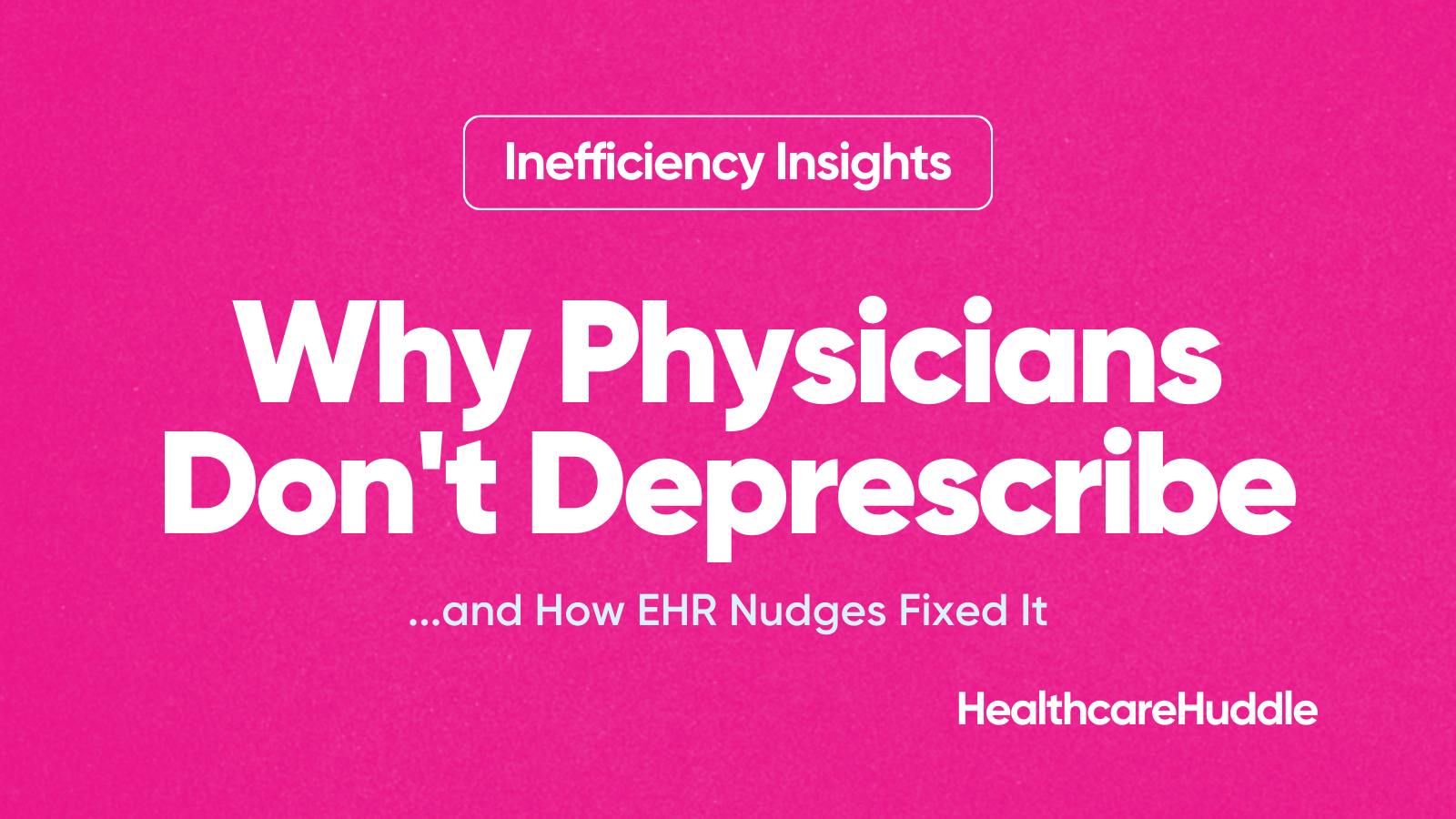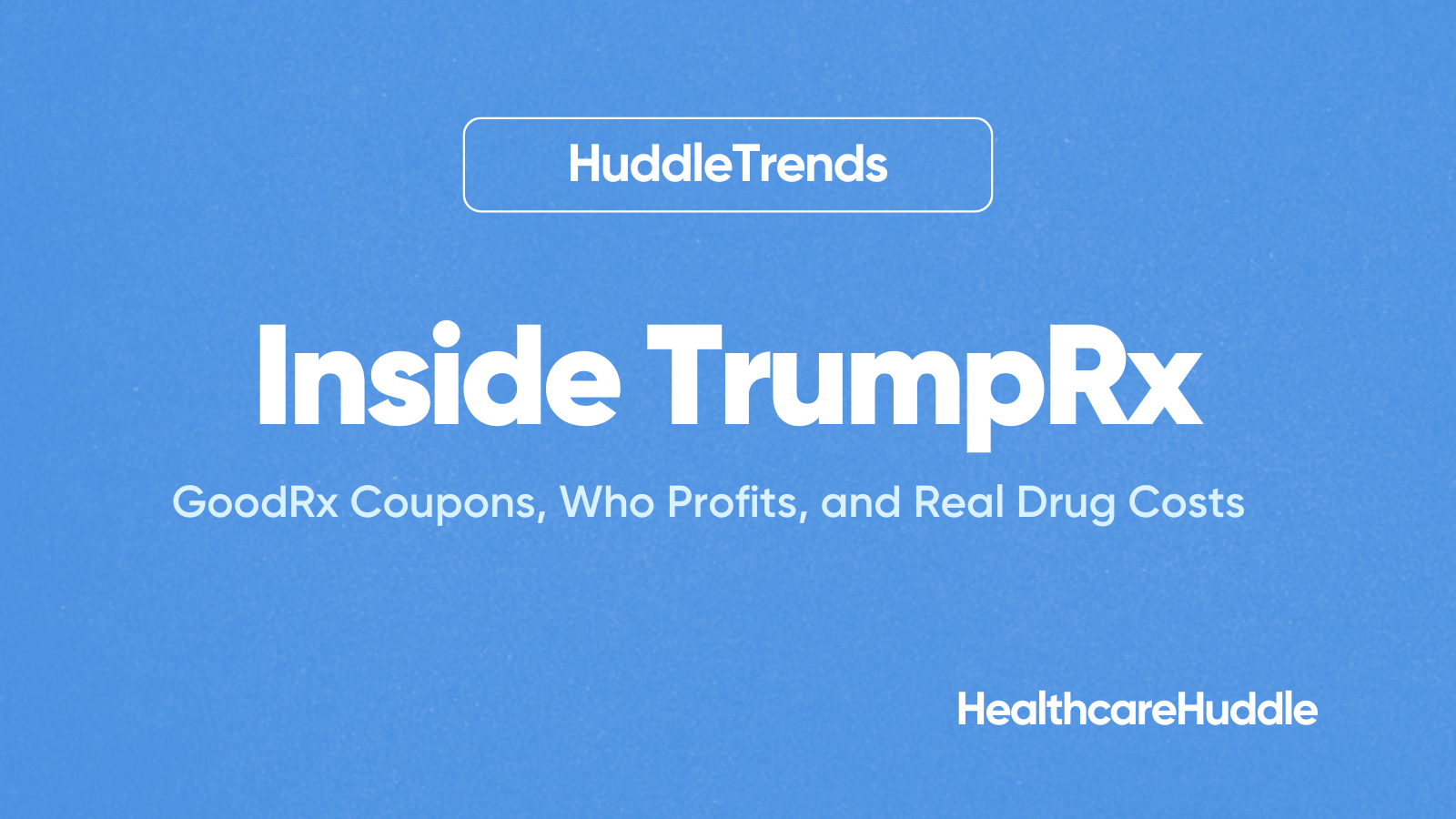HUDDLED WITH
GRAND ROUNDS
Function Health Acquires Ezra to Expand Longevity Testing Tools
Function Health, the longevity-focused startup known for its deep lab panels, just acquired whole-body MRI company Ezra in an undisclosed deal.
It’s a smart move—Ezra’s imaging services pair neatly with Function’s existing preventive testing platform.
But while this combo might attract the wellness crowd, its clinical impact is likely to be limited.
In this piece, I’ll break down what the acquisition means, explore the growing Longevity market, and unpack the implications for patients, clinicians, and the broader healthcare system.
The Deets
Function Health acquired Ezra—cool, but… who are these companies and what exactly do they do?
Function Health
Function Health is a membership-based service ($499/year) that gives consumers access to over 160 lab tests across nearly every organ system.
Tests include ApoB (cardiovascular), TSH (endocrine), PSA (prostate), ANA (rheumatology), immunoglobulins (hematology), and many more.
Results are reviewed by clinicians and hosted on Function’s platform, where users can track trends and view personalized action plans.
Function doesn’t claim to replace primary care or concierge medicine—it sets itself apart by sheer volume of testing.
Ezra
Ezra offers whole-body MRIs for early cancer detection, marketed directly to patients and physicians.
Here’s how it works:
A physician refers a patient → Ezra sets up a consult and a provider portal → Patient gets scanned → Both physician and patient receive the report.
Consumers can choose from different scan packages and even pay in installments through Affirm. Prices ranges from $1,495 for a full body MRI scan to $2,685 for a full body MRI with low dose CT scan.
The Acquisition
By acquiring Ezra, Function Health is adding a new diagnostic layer to its business—imaging.
It’s a smart complement to their existing lab services, allowing Function members to now access Ezra scans at discounted rates (some over 50% off).
More tests, more data, more revenue.
Longevity Market
Longevity is about living longer—but to live longer, you have to live healthier. Over the past few years, startups across multiple verticals have cropped up betting that people will shell out serious money to proactively monitor their health—even if insurance isn’t footing the bill.
The longevity market is expected to hit $600B by 2025 (this year!). And these companies aren’t just focused on one thing—they’re coming at health from every angle.
I pulled this breakdown of verticals from Fitt Insider:
Supplements: Timeline, Novos, SuppCo
Food: Levels, Nutrisense, Zoe, January AI
Fitness: Life Time Inc’s MIORA, Optimize by Equinox
Clinics: Neko Health, Forward Health (RIP)
Lab Testing: Function Health, Superpower, Bright OS
Wearables: WHOOP, Oura, Apple Watch
Hospitality: Equinox Hotels, THE WELL
Beauty: DEINDE, SpoiledChild
Across all of these, the common theme is this: consumers (note, I’m not saying, “patients”) are paying to access tools that give them data and insights about their bodies—whether or not they act on that data is another story.
And yes, even I’m part of this trend. I’ve tried Nutrisense and have been wearing WHOOP since 2021.
If you’re a cautiously optimistic clinician (which you probably are), you might be asking:
So… “longevity” just means staying healthy?
Don’t PCPs already offer this kind of testing and advice?
Is there solid data supporting these platforms?
All good questions.
Dashevsky’s Dissection
Let’s take a step back.
Function Health and Ezra are clearly building for the worried well—more specifically, the worried wealthy well. These are high-income consumers who already have access to good care but want more testing, more data, more certainty.
But if these tools and scans truly improved clinical outcomes, wouldn’t we already be doing them in standard practice? I don’t know a single physician who wouldn’t want to help their patients live longer, healthier lives. We just don’t have the data yet to say these approaches make a meaningful difference.
And that brings up a host of questions:
Who’s ultimately responsible for acting on all these results? If you find a thyroid nodule or a tiny lung lesion, does Function manage that? Does it fall back on the PCP? What if there’s no PCP (26% of adults don’t have a PCP!).
What’s the cadence? Are we scanning people yearly? Every three years? Monthly? These models are detached from guidelines—and from cost-effectiveness.
If we’re serious about improving longevity, we should focus on the major drivers of morbidity and mortality: heart disease, cancer, diabetes, obesity. That means public health strategies, policy interventions, and evidence-based care—not just high-end tech for high-income individuals.
Take GLP-1s, for example. They’re already impacting obesity, type 2 diabetes, sleep apnea, osteoarthritis, and fatty liver disease. Over time, we’ll likely see secondary benefits—like lower cancer rates. That’s population health impact. The issue now (just like accessing the above longevity platform and services) is cost. GLP-1s are expensive.
So the question becomes:
Should longevity be a private good or a public one?
Are we building solutions for individuals, or for society?
Right now, the longevity market feels like it’s optimizing for the former—through wearables, boutique labs, and full-body scans. But true longevity—the kind that bends life expectancy curves—will require a shift in focus from early adopters to everyday patients.
In summary, Function Health’s acquisition of Ezra is a strategic business move that bundles lab testing with imaging, appealing to wellness-focused consumers. But for clinicians, the clinical utility remains questionable. Without stronger outcomes data, these services may create more noise than signal—especially for the patients who don’t need them. True longevity gains will come from tackling the biggest drivers of morbidity with proven tools, not from testing more for the sake of it.

COMMUNITY POLL
I’m trying to tighten the community:
Fill out this form if you’re interested in small, niche in person meet ups (Huddle+ members would get priority).
Let me know, too 👇
What is your preferred platform for community building?

INSIDE THE HUDDLE
Healthcare Huddle
Sunday Newsletter
Huddle+
Inefficiency Insights
Huddle+
Huddle #Trends
Healthcare Providers
Residency Reflections
Huddle+
Huddle University
Available for purchase without a Huddle+ membership.
A 7-step Framework for Problem-solving in Healthcare
Healthcare Huddle Masterclass: Decoding My Writing Process
Check out more exclusive coverage with a Huddle+ subscription.
Read personalized, high-quality content that helps healthcare providers lead in digital health, policy, and business. Become a Huddle+ member here.








